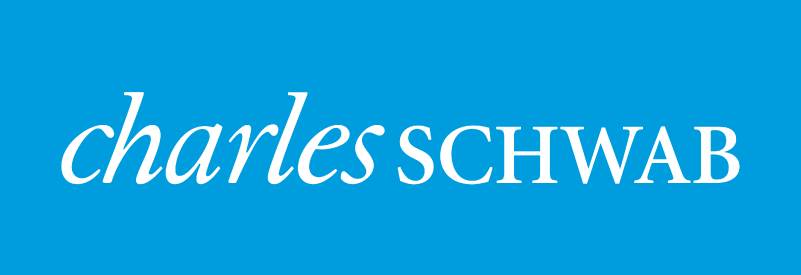February saw a complete reversal from January’s more dire start to the year. Equities and commodities were up sharply while bond yields bounced off late January record lows. Top market moving news during the month included Greek‐Euro negotiations, U.S. Fed policy guidance, slowing Chinese economic growth, and continued momentum in the U.S. labor market.
Toward month-end, Greece reached a temporary four month stop‐gap deal with the European officials which solved nothing and simply delayed the inevitable conflict. Fed Chair Janet Yellen indicated that a “patient” approach toward rate hikes is no longer appropriate, but rather data driven decisions will pave the way forward. Economic data, beyond the labor market, was average in February. Leading indicator metrics have fallen in the U.S. but have risen in Europe. Fourth quarter U.S. GDP was revised downward slightly to 2.2% on the back lower inventory growth but was overall a relatively encouraging report. January headline and core inflation remained benign at ‐0.2% and 1.6% respectively. Despite continued record oil inventories (largest seven week inventory increase on record), oil managed to have an up month for the first time since last June. In fact, at month end, there had been 28 straight days since the national average gasoline price had fallen. Beleaguered European markets (+6.3%) received strong bids during the month as a result of the ECB’s January QE announcement as well as indications of growth improvements in Europe. Meanwhile, the S&P 500 and Nasdaq experienced their largest monthly gain in more than three years. Bonds, particularly long maturity treasury bonds (‐5.25%), sold off sharply with other rate sensitive asset classes such as REITs and utilities.




Leave a Reply